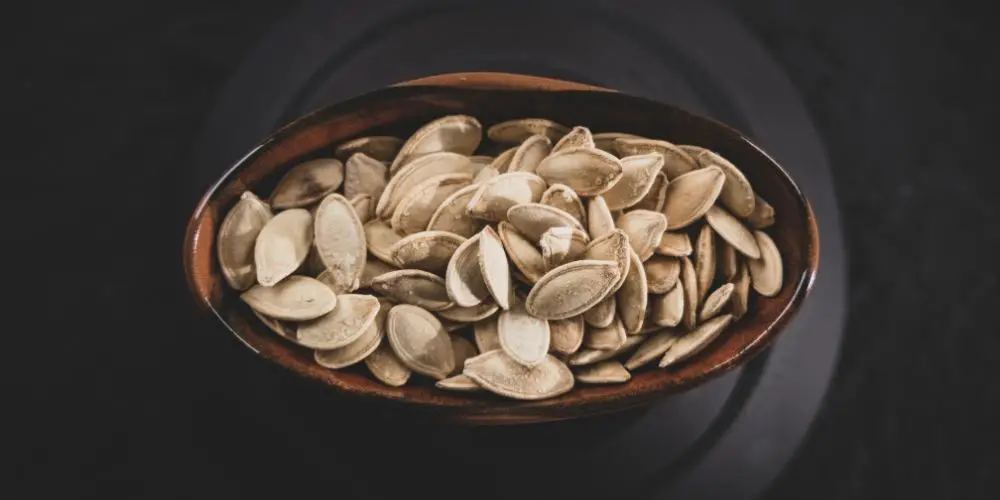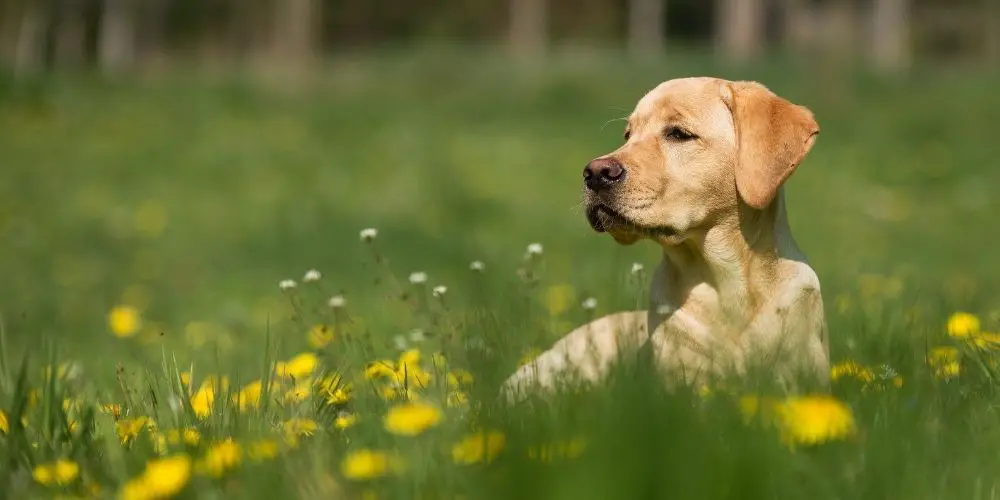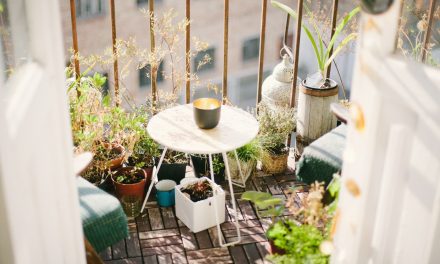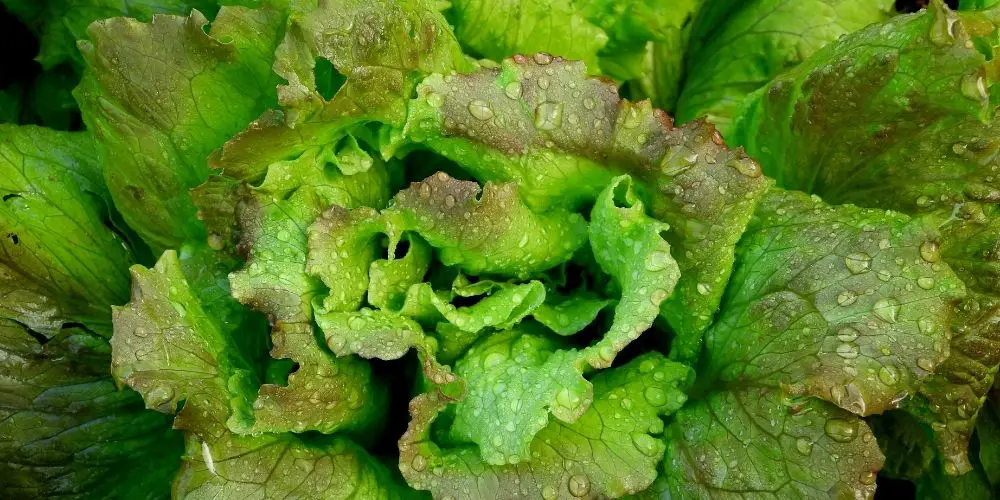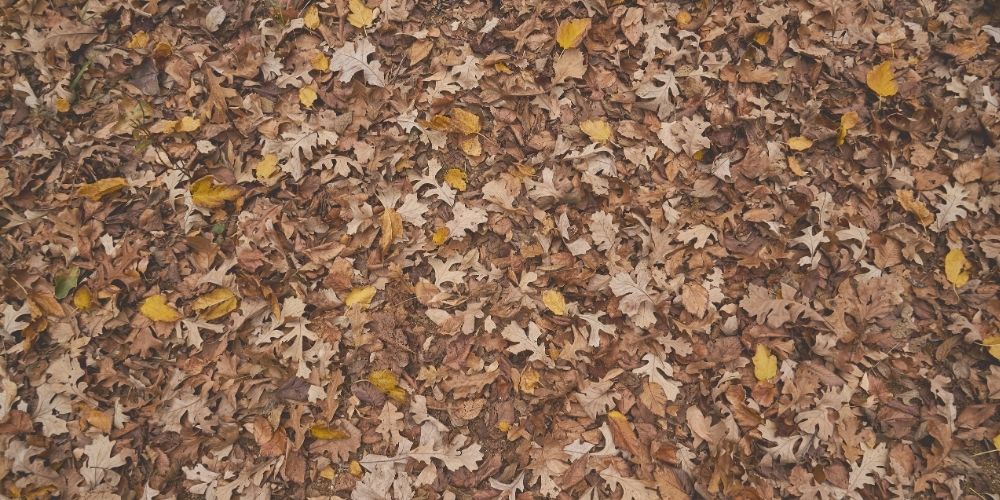Are you getting ready to plan out your garden for the summer? Knowing what you’re going to grow can be hard enough, but then you start seeing strange words like “heirloom,” “hybrid,” or “open-pollinated.”
What does this mean? Does it matter? How should you choose? Is one better than the other? These are all great questions.
Types of Seeds
There are three primary classifications of seeds: Heirloom, hybrid, and open-pollinated. These define the way that the plants grow and develop. All heirloom seeds are open-pollinated, but not all open-pollinated seeds are heirlooms.
Open-Pollinated Seeds
Open-pollinated seeds are plants that must be pollinated by external methods. It could be by bee, hummingbird, wind, or even by hand. Pollen must be taken from one flower to the next, which also adds the benefit of boosting genetic variation.
By allowing for that variation, the plants are capable of slowly adapting to their local climate from year to year. These plants stay true to form from generation to generation, so long as you do not mix sources of pollen from variety to variety.
Hybrid Seeds
Hybridization occurs when you bring two or more varieties together and cross them.
It is essentially creating cross-breeds of several different varieties, and the result is that it creates its own new variety.
Typically, people select certain plants that have traits they want in their new plant and then start cross-breeding them together. Hybridized seeds do not create genetically stable offspring.
You cannot take the seeds from the hybridized plant and create more hybrids, so you’ll have to continue crossbreeding.
Heirloom Seeds
Heirloom seeds are a special kind of open-pollinated seed. These are plants that have been kept the same for several decades. The plants created by an heirloom variety seed are the same from generation to generation.
These more traditional plants tend to appeal to those who want a natural approach to their garden.
What Sets Heirloom Seeds Apart?
Now, you might be wondering what makes heirlooms so special– and the answer is simple. Most gardeners consider them to be the superior option for several reasons.
Natural Resistances to Pests and Disease
Heirlooms develop natural resistances over the years to the pests and diseases around where they have grown. This means that you can cut down on the pesticides while also having healthier, stronger plants.
Better Taste and Nutrition
Heirlooms tend to taste better than hybrid varieties. Many hybridized plants have chosen to forego taste and nutrition in favor of creating plants that produce more and grow stronger, or they are meant to endure shipping.
Heirloom veggies are bred to be delicious and true to the varieties.
You Can Harvest the Seeds Year after Year
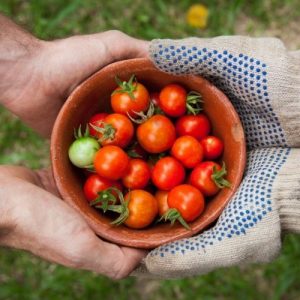
If you want to reuse your own plants and your own seeds, you need open-pollination. By using heirloom varieties, you’ll be able to harvest your own seeds and use them season after season. If you want to save money in the long run on seeds, this is the perfect way to do so.
Conclusion
While heirloom seeds are not quite as common as other seeds, they have plenty of upsides over the other types of seeds out there! If you are someone who is just doing basic gardening, you should be fine with any of the seeds mentioned in this article, however if you are really wanting to upgrade your experience, heirloom is the way to go.

